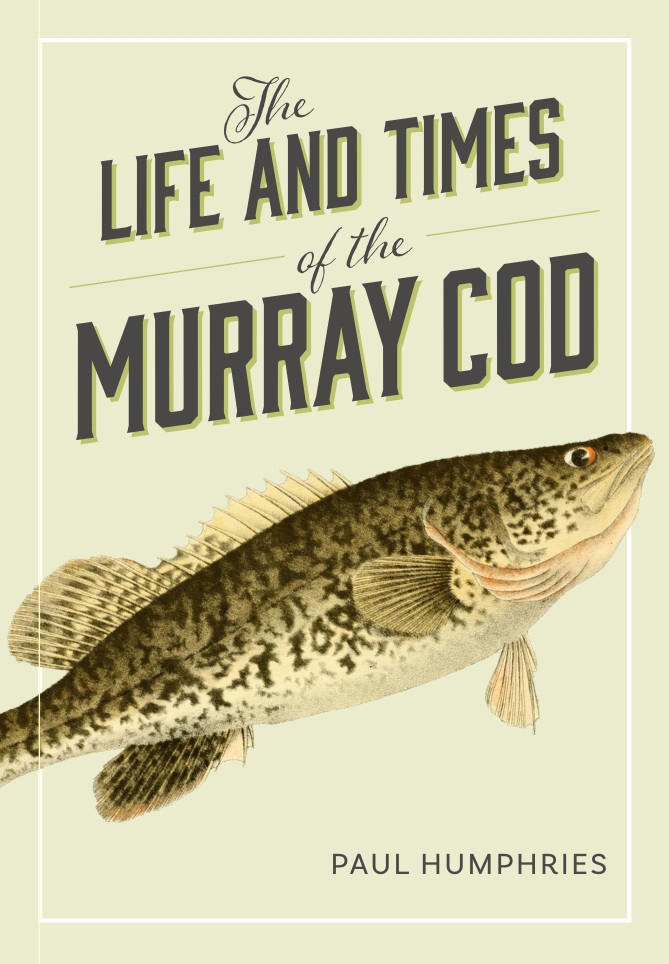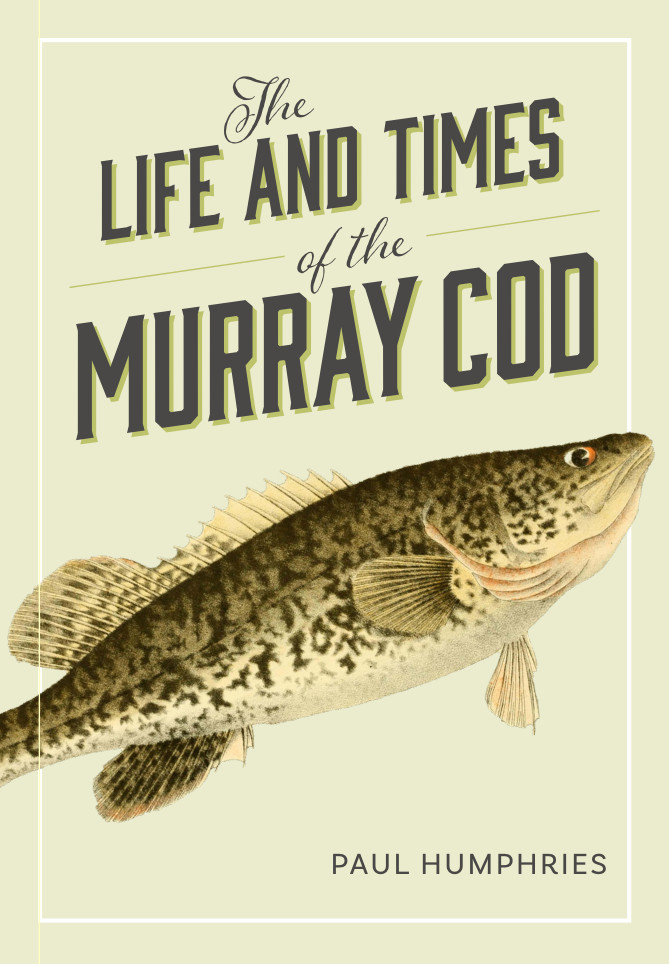What do you win: a paperback copy of my new book, The Life and Times of the Murray Cod, by Paul Humphries
It retails through CSIRO Publishing at AUD$59.99, although you can get it at many book stores, like Collins Bootstores, The Flyfisher, Dymocks and online at Amazon and Booktopia and others, at a considerable discount. There are hard copies and electronic copies available.
What you need to do to win a copy: in the comments to this post, tell me in 100 words or less what it is that you love about the Murray cod. It can be anything you like: history, ecology, fishing, conservation, eating, etc. It is completely up to you.
Closing date and rules of the competition: Thursday 30 November at midnight. No entries after that date will be accepted. I will judge the entries myself. My decision will be final, and no negotations will be entered into. I will contact the winner to organise postal delivery. Competition is only open to residents of Australia (otherwise the postage is going to be too much!). There is no age limit. Strictly only one application per person.
More information about the book:


